Fraud Scheme Uncovered in China
The Chinese government finds almost 500 researchers guilty of misconduct in relation to a recent spate of retractions from a cancer journal.
Send us a link
The Chinese government finds almost 500 researchers guilty of misconduct in relation to a recent spate of retractions from a cancer journal.
The number of grant applications is going up in almost every country and field, whereas budgets are mostly flat or shrinking.
A new paper argues that journal publishers should become much more transparent about their peer review practices.

There is too little sound research on journal peer review.
Examining the functionality of a range of social Web platforms, and comparing these with the traits underlying a viable peer review system.
Thanks to a $99,000 research grant from the Andrew W. Mellon Foundation.
A recently published study in Research Integrity and Peer Review, that surveyed 178 trainee doctors, finds that although peer review is perceived as an important means of quality control by this community, there is little value placed on being able to scrutinize peer review themselves.

The history and present diversity of peer review practices.
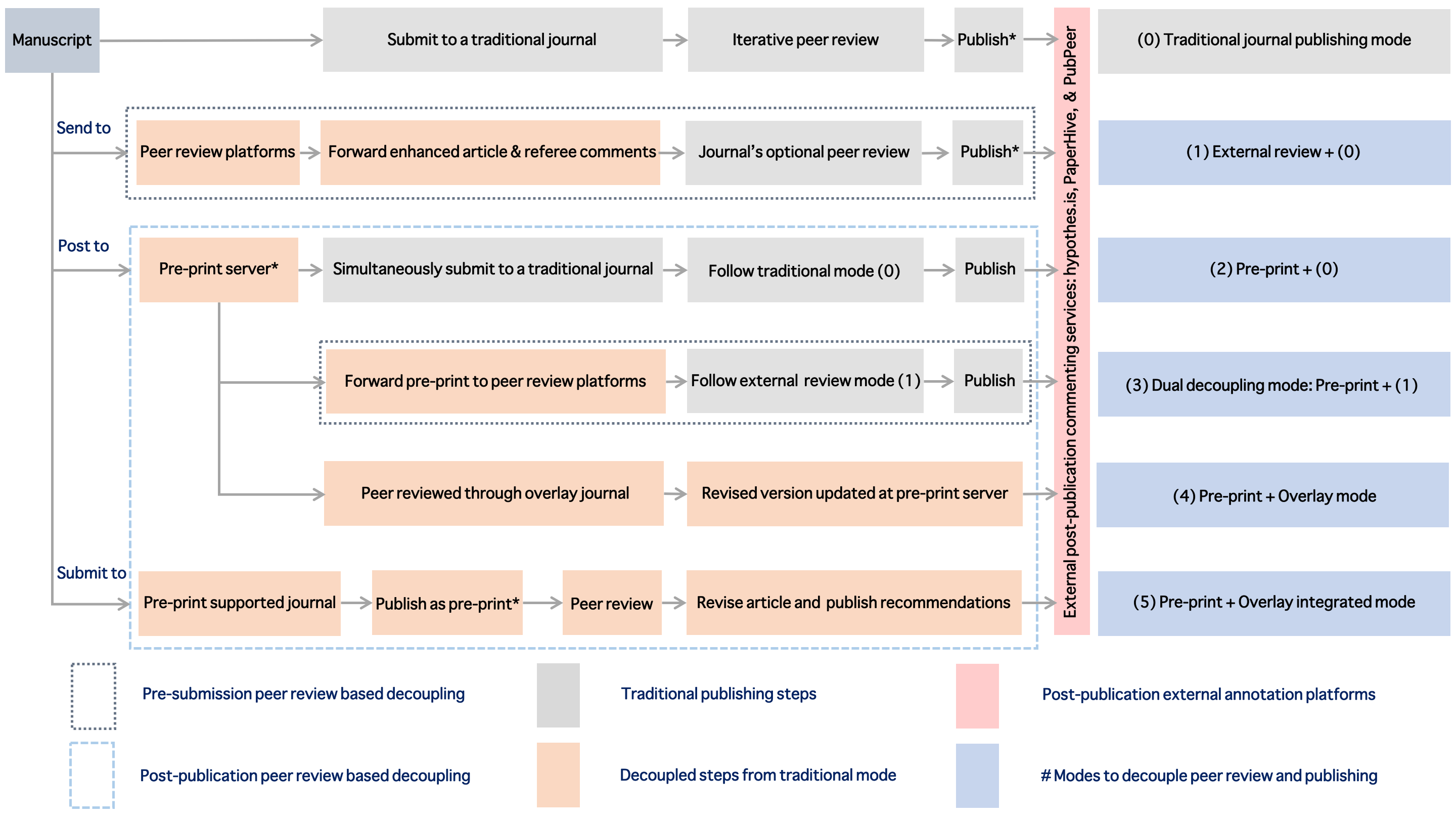
Liz Allen looks into what peer review actually tells us and how we use expert opinion.
Lengthy publication delays, theft of rivals’ research, allegations of shoddy reviewing, and even the faking of reviews are raising new questions about a decades-old scientific tradition
Funding agencies announce harsh penalties and stronger policing efforts.
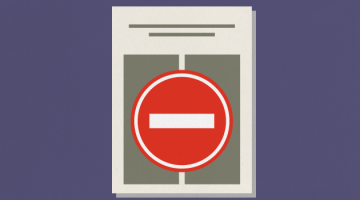
How retractions and peer-review problems are exploited to attack science.
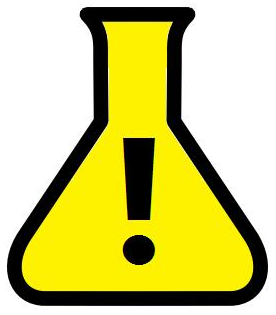
His experiences on a panel reviewing Canadian grant allocation has convinced Jonathan Grant that the evidence base for current practice needs serious reinforcement.

Online platform aims to make peer review faster, unbiased and less of a burden on researchers

Peer review is the gold standard for scientific communication, but its ability to guarantee the quality of published research remains difficult to verify.
What results-free review might mean for authors, reviewers, editors and readers.

Approach allows reviewers to focus on the stuff they know best, speeds up process.

Publons wants scientists to be rewarded for assessing others’ work.
Peer review recognition company Publons is set to expand under new owners. Could this boost peer review and stop it being seen as an onerous, thankless task?

Race-blind reviews very difficult and may not help, researchers say

Confidential feedback from many interacting reviewers can help editors make better, quicker decisions.
Confidential feedback from many interacting reviewers can help editors make better, quicker decisions.
Cornerstone of modern science immortalized in concrete.
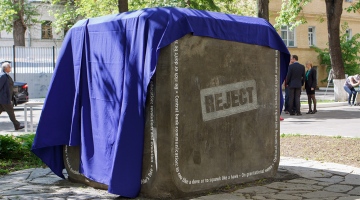
The imprimatur bestowed by peer review has a history that is both shorter and more complex than many scientists realize.
Recently, our colleagues at OpenAIRE have published a systematic review of ‘Open Peer Review’ (OPR). As part of this, they defined seven consistent traits of OPR, which we thought sounded like a remarkably good opportunity to help clarify how peer review works at ScienceOpen. At ScienceOpen, we have over 31 million article records all available for …

We describe the mathematical foundations and structure of TrueReview, an open-source tool we propose to build in support of post-publication review.
Technologist argues that artificial intelligence could make publishing decisions in milliseconds.
Although automated publishing would allow researchers to share their findings faster, while also removing human bias, there are obvious ethical dilemmas related to this dehumanisation of the process.
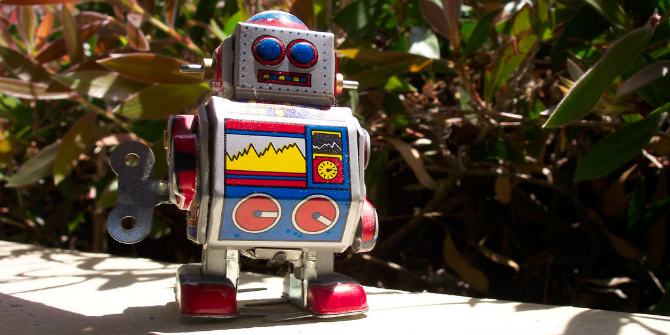
A practical peer review training course for early career researchers developed together with expert academics and editors to teach you the core competencies and skills needed of a peer reviewer.
The results of a cross-disciplinary survey show that the majority of respondents are in favour of Open Peer Review becoming mainstream scholarly practice, as they also are for other areas of Open Science, like Open Access and Open Data.